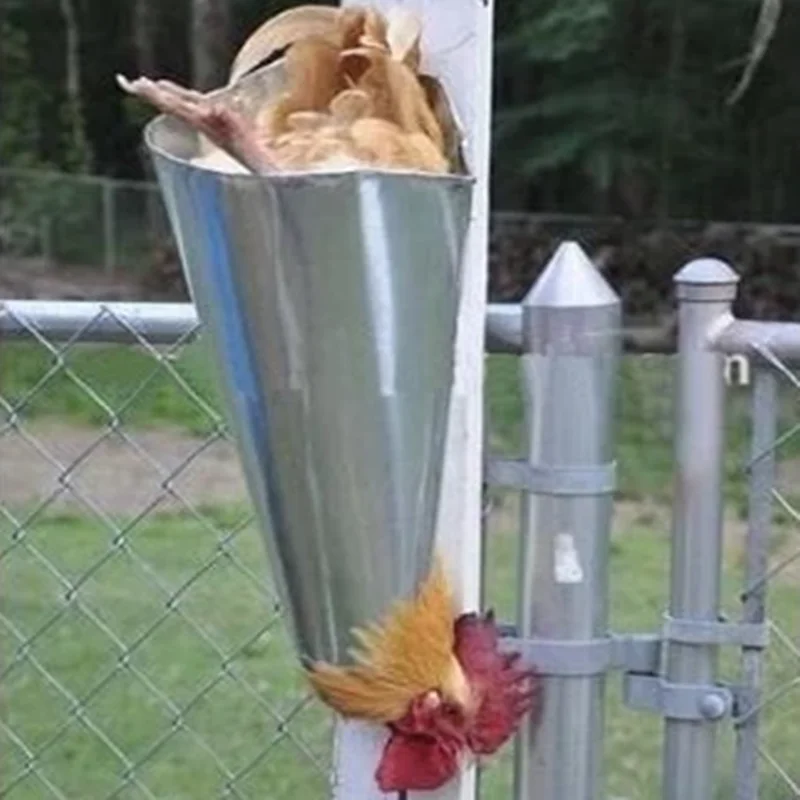Efficient Broiler Cage Systems for Modern Poultry Farming Practices
Dec . 01, 2024 16:29 Back to list
Efficient Broiler Cage Systems for Modern Poultry Farming Practices
The Evolution and Impact of Poultry Broiler Cages
In recent years, the poultry industry has undergone significant transformations, driven by increasing demand for chicken meat and evolving farming practices. Central to this transformation is the introduction and utilization of broiler cages. These cages are designed to maximize space, enhance productivity, and ensure animal welfare, but they also raise essential questions about sustainability and ethical farming practices.
Understanding Broiler Cages
Broiler cages are specialized enclosures designed for raising chickens specifically bred for meat production. Unlike traditional free-range or barn-raised chickens, broiler cages allow for a controlled environment where farmers can monitor the health and growth of the birds closely. These cages are often stacked vertically to maximize the use of space and make farming more efficient. This vertical arrangement can significantly increase the number of chickens a farmer can raise in a limited area, thus meeting the growing demand for poultry products in urban and rural settings alike.
Advantages of Broiler Cages
One of the primary advantages of using broiler cages is improved biosecurity. When chickens are housed in cages, the risk of disease transmission is considerably lower compared to traditional housing methods. This containment reduces the likelihood of contamination from external sources, ensuring that the chickens grow in a healthier environment. Furthermore, broiler cages simplify the management of environmental conditions such as temperature and humidity, which are critical for optimal poultry growth.
Another significant benefit is feed conversion efficiency. Broilers are known for their rapid growth rates, and when raised in cages, they can convert feed into body weight more effectively. This increased efficiency can lead to reduced feed costs for farmers, a factor that is crucial in an industry where profit margins can be tight.
Additionally, broiler cages can allow for better monitoring of animal welfare. With advancements in technology, farmers can integrate sensors into these cages to monitor the health and behavior of chickens continuously. This technology can alert farmers to potential health issues early, ensuring prompt intervention and better overall care for the birds.
poultry broiler cage

Challenges and Controversies
Despite the numerous advantages, the use of broiler cages is not without its controversies. Animal welfare advocates argue that confining chickens to cages limits their natural behaviors, such as movement and social interaction. They assert that such confinement can lead to stress and other health issues among the birds. As consumers become more aware of these concerns, there has been increasing demand for more humane farming practices, leading some farmers to explore alternatives to conventional cage systems.
Moreover, there are ethical concerns regarding the environmental impact of poultry farming. The concentration of large numbers of birds in a confined space can lead to significant waste management issues, contributing to pollution and other environmental hazards. As a result, sustainable practices in poultry farming, including cage-free options and organic farming, are gaining traction as viable solutions to address these challenges.
The Future of Poultry Farming
As the poultry industry continues to evolve, the future may see a blend of traditional and modern practices. Innovations in cage design, such as enriched cages that provide chickens with more space and opportunities to exhibit natural behaviors, may bridge the gap between efficiency and animal welfare. Furthermore, advances in breeding technology can lead to the development of strains of chickens that are both more resilient and productive, thus enhancing the overall sustainability of poultry farming.
Consumer demand for transparency in food production will likely drive further change in the poultry industry. Farmers may adapt their practices to accommodate this demand by providing information about their farming methods and ensuring that animal welfare is prioritized.
In conclusion, poultry broiler cages represent a crucial element in the modern poultry industry, offering both opportunities and challenges. While they enhance productivity and efficiency, they also raise critical questions about animal welfare and sustainability. As the industry moves forward, finding the right balance between these factors will be essential to ensure a sustainable future for poultry production.
-
Hot Sale 24 & 18 Door Rabbit Cages - Premium Breeding Solutions
NewsJul.25,2025
-
Automatic Feeding Line System Pan Feeder Nipple Drinker - Anping County Yize Metal Products Co., Ltd.
NewsJul.21,2025
-
Automatic Feeding Line System Pan Feeder Nipple Drinker - Anping County Yize Metal Products Co., Ltd.
NewsJul.21,2025
-
Automatic Feeding Line System - Anping Yize | Precision & Nipple
NewsJul.21,2025
-
Automatic Feeding Line System - Anping Yize | Precision & Nipple
NewsJul.21,2025
-
Automatic Feeding Line System-Anping County Yize Metal Products Co., Ltd.|Efficient Feed Distribution&Customized Animal Farming Solutions
NewsJul.21,2025






